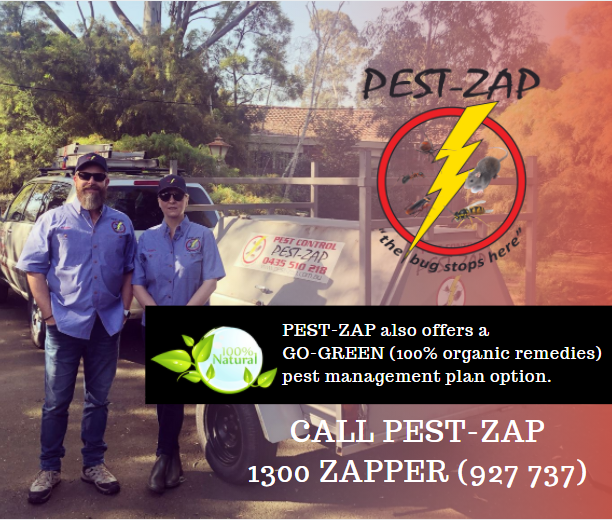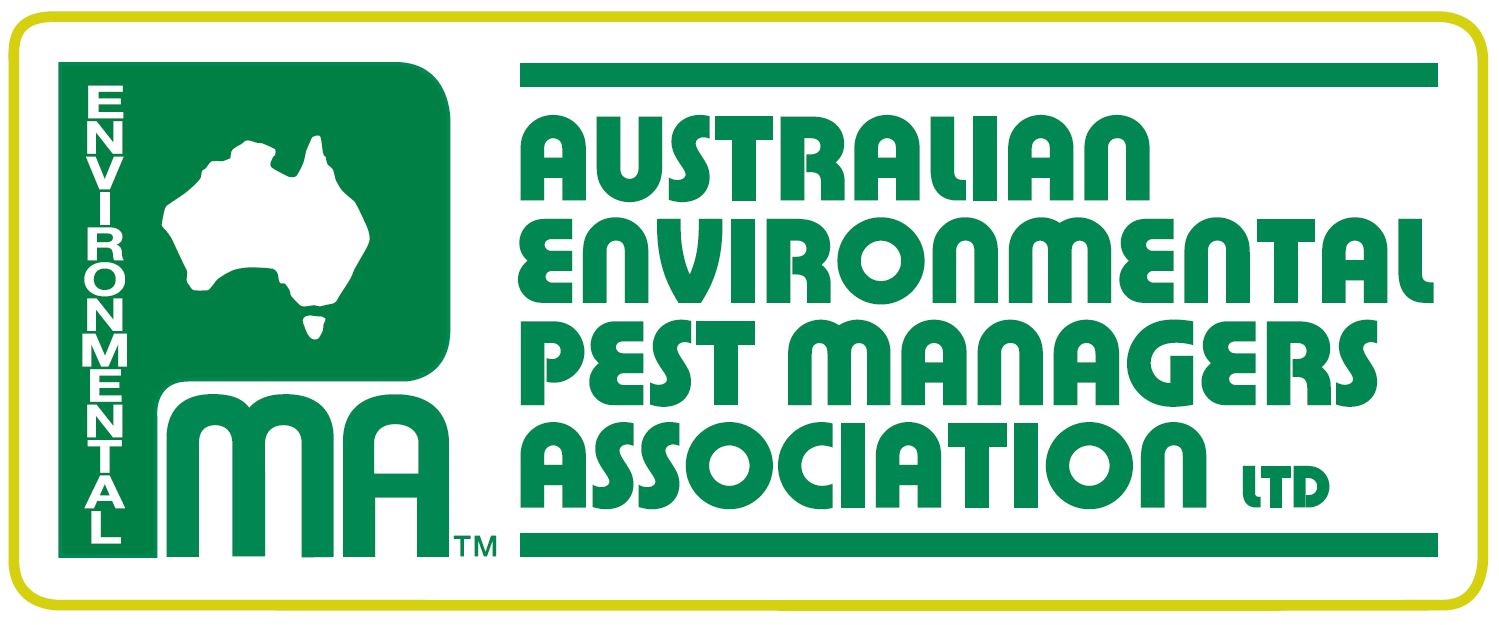1) Store Clean
Insects, rodents, and other pests can be a real problem in any home, but they’re particularly prevalent in those that aren’t clean. In fact, a dirty home is likely to see four times as many pests than a tidy one. To ensure your house is free from pests in the summertime, keep it clean! Don’t let clutter build up around windows, vents, or other areas that might provide opportunities for bugs. Also, remove outdoor furniture (or treat it) so critters don’t have an easy way inside when you leave your back door open on hot days. If you live in a rural area, treating your yard with insecticides won’t only kill mosquitoes—it will deter larger pests such as ants and mice. And always close trash cans tightly—it only takes an opening slightly larger than a dime for pests to crawl through. Rotate your garbage weekly instead of letting it collect until the pick-up day. Finally, make sure all entrances to your home are sealed: garage doors, unused cupboards, loose window screens—these are just some ways bugs can sneak into your house without notice. Check them regularly to make sure they aren’t harboring any unwanted guests.
Your objective here should be pretty clear; we want our readers to do well here?
2) Seal Out Moisture
The warmer months bring more outdoor activity, which means you’re bringing insects and vermin indoors more often. To keep these critters from taking up residence inside your home, prevent moisture buildup that attracts pests in your basement or crawl space. Sealing leaks, upgrading caulking and weather-stripping can do wonders for keeping away moisture and pests during warm summer months. It may seem like a hassle, but it will be well worth it when you notice fewer bugs coming into your house.
Learn what common household pests are a threat in your area: Many different kinds of bugs live outside and winter over every year—from spiders to centipedes. But in warm summer months, you may see them inside as they search for shade or cooler temperatures. Common pest problems include ladybugs, stinkbugs, ants, flies and wasps; however, there is no way to identify most insects without an expert looking at them under a microscope. Before you take any action against pests indoors, make sure that you know exactly what kind of insect you’re dealing with so that you can decide how best to tackle it. Remember that harmful chemicals and sprays should be used only as a last resort when all other methods have failed. They should not be used on their own to try to solve an infestation because they can cause serious harm if used incorrectly.
3) Vacuum Regularly
Regular vacuuming keeps dust levels low. Without a lot of dust and dirt to hide in, it becomes harder for pests to survive in your home. If you have pets or kids, try setting aside a specific day each week for vacuuming. For example, if your kids play sports on Mondays and Wednesdays, schedule your vacuum cleaning for Tuesdays and Thursdays so you don’t have to worry about hair being pulled into your vacuum and clogging up its motors. On weekends, thoroughly vacuum baseboards and other hard-to-reach places. Focus on getting rid of dust that settles around furniture legs and windowsills—it attracts pests like ants who use it as a food source for their young. To prevent mildew growth from moisture trapped inside, run a final pass over hardwood floors with a microfiber cloth (you can pick one up at any big box store). Vacuum using short strokes instead of long ones. This prevents pulling dirt back out as soon as you’ve gotten rid of it. Also, keep clothes off bedroom floors—both shoes and clothes are excellent hiding spots for bugs looking to crawl into bed with you. And always make sure your vacuum bag is full before replacing it; leaving an empty space will let roaches sneak inside next time you turn on your machine. Finally, vacuum regularly! We recommend once a week during bug season and more often in areas where problems persist.
4) Don’t Leave Food Around
One of the easiest ways to keep pests away is by making sure you remove any and all food sources from your home. If a potential pest can’t find anything appealing in your home, it will have no reason to hang around. This applies not only to food spills or crumbs, but also greasy or oily messes you might make cooking as well as pet food and water dishes outside. Wash dirty dishes promptly—you don’t want that lingering smell! Be sure to get rid of garbage regularly; put garbage out on trash days, dispose of garbage left behind in dumpsters and keep your garage tidy with cleared shelves and floors. Also check your yard for compost piles (food waste is an open invitation!) as well as sheds, windowsills or even near drains where insects may be able to reach their feast. Pests come out when it's warm, so don’t leave food sitting out on tables at picnics or parties. And if you see bugs inside your home?
5) Inspect Your Property Often
Inspecting your property on a regular basis is one of the best ways to catch and eliminate pests before they become a problem. Pay special attention to areas where pests are known for hiding, like trees, holes in walls or under loose rocks. In addition, inspect your home’s perimeter regularly, checking for open doors and windows. Finally, check your yard periodically—like during a summer barbecue—for infestations of ants and cockroaches. These bugs are notorious for invading homes through food left outside by party guests; don’t let it happen to you! If you find yourself with a pest infestation, read on to learn how to deal with it quickly and effectively.


